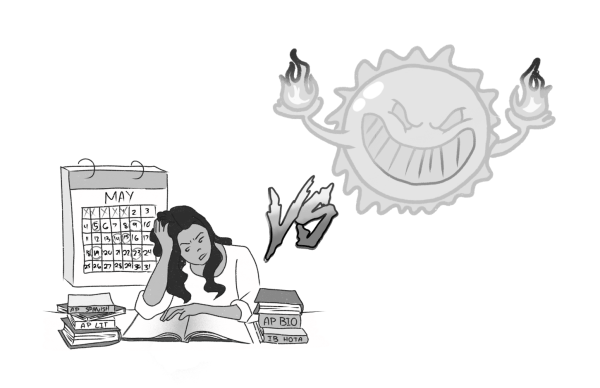Vote to Get Rid of Net Neutrality
The internet is an ever expanding avenue, filled with many options suitable for just about anyone. The internet offers content to everyone at the same rate without having to pay for “premium content,” however this may change with the repeal of net neutrality. Essentially, net neutrality makes it so that internet service providers (ISPs), such as Verizon, AT&T, and Comcast provide the same level of service to all customers, without favoring a certain individual’s data over another’s data. Net neutrality sets an even playing field among all internet users.
This assurance that all data is treated equally is now at stake. The director and chairman of the Federal Communications Commission (FCC), Ajit Pai unveiled a plan that would get rid of net neutrality on Nov. 21. The current net neutrality rules, which came into effect in 2015, have become in many people’s opinion, a fundamental part of the browsing experience of individuals across the country. As stated by Pai in the Wall Street Journal, he wants to get rid of net neutrality because, “Consumers will benefit from greater investment in digital infrastructure, which will create jobs, increase competition, and lead to better, faster, and cheaper internet access—especially in rural America.”
However, without net neutrality, many believe the internet we have become so accustomed to would change drastically. Opponents argue there would be increased censorship, internet fast lanes, and a tougher time for the growth of smaller businesses.
The fear is that without net neutrality, large ISPs may be able to determine who is heard and who is not heard. They would have the ability to block or censor content that they disagree with, content that is critical of them, or content that competes with their own products. Many view this censorship as a serious threat for marginalized communities who rely on the internet as an open platform to spread ideas and use their voice because they are often misrepresented by the mainstream media. Without net neutrality, ISPs could potentially block free speech and prevent dissident voices from speaking freely online by raising the cost of access to certain sites.
Additionally, opponents also believe there would be “fast lanes” which allow ISPs who pay extra to get faster internet speeds than companies who do not pay or do not have the financial means to. The concept of this paid prioritization will have a large impact on many of the less popular, independent websites and applications, many of which would have to pay extra in order to compete with larger businesses to reach consumers. For instance, looking at Netflix, Skype, and Youtube (all of which came during a time with net neutrality), had they been made during a time without net neutrality, they would have been blocked from reaching audiences by larger businesses with more money. Net neutrality poses the issue that new start-up companies would not be able to compete with the giant companies and applications.
Many students at CHS have opinions about the net neutrality issue. One of these students is CHS junior, Natalie Brown.
“I think we should not get rid of net neutrality because it guarantees the right to equal access to information. Without it, internet providers have the ability to control what information citizens have access to, which is censorship,” Brown said.
Students at CHS have varying opinions about net neutrality. Either way, this decision, will affect CHS students drastically. On Dec. 14, it will be decided if net neutrality remains.
Hello there! Our goal is to provide relavent, engaging journalism for readers of all ages. Your donation will support the student journalists of the Wolfpacket at Claremont High School, and will allow us to purchase equipment, print our monthly issues, and enter in journalism competitions. We appreciate your consideration!

Kendall Chraplewski is currently a junior at Claremont High School, and it is her first year on the Wolfpacket. She is excited to serve as a reporter this...










